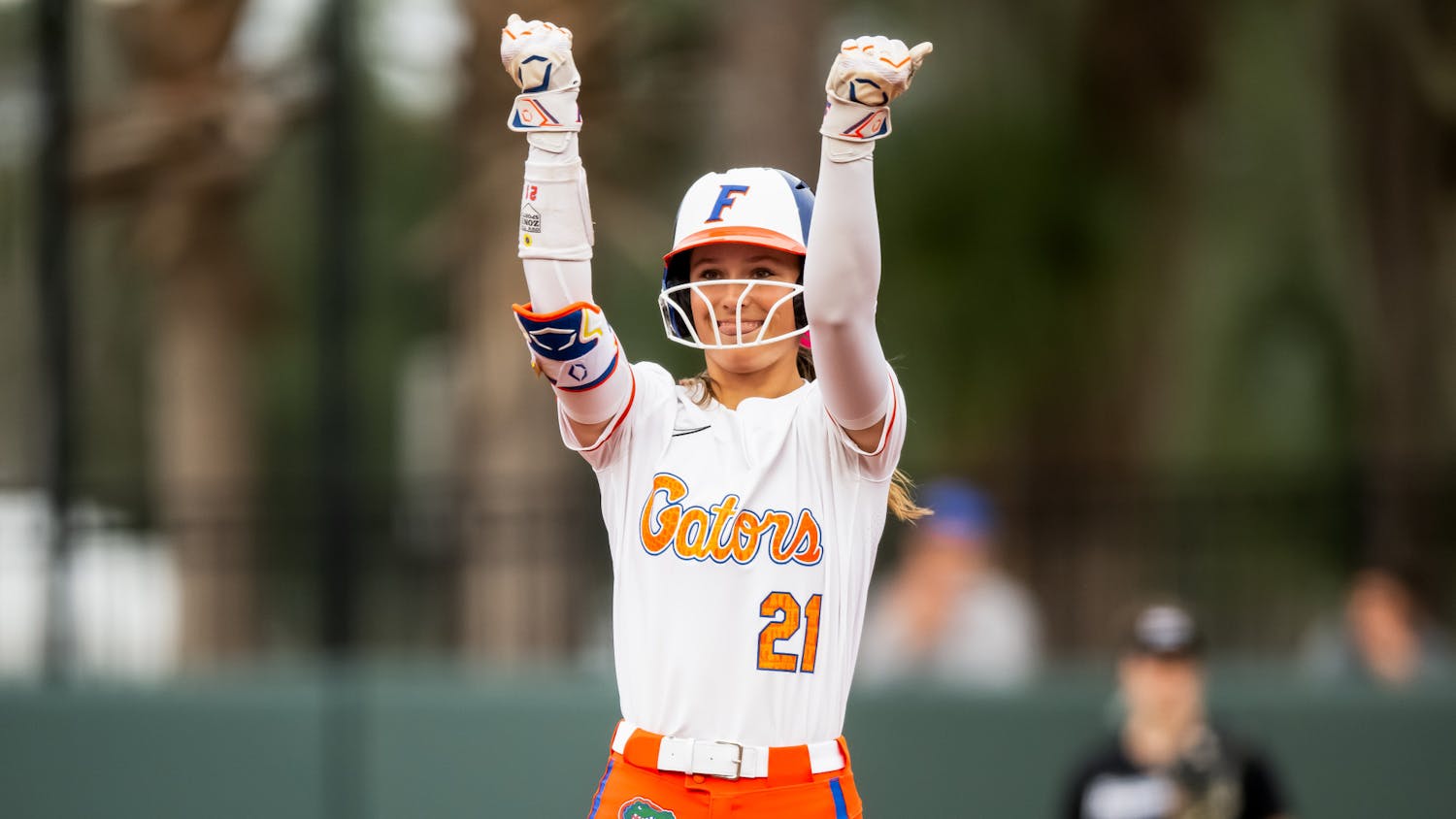UF journalism students may face more than just hiring freezes when they graduate.
Those who aspire to become foreign correspondents are warned by recent high-profile capture cases that they can expect heavy workloads and often high danger levels abroad.
"It's interesting that we have had a lot of students over the years who've said they want to be a foreign correspondent," said William McKeen, professor and chairman of the Department of Journalism.
"If you consider all of the horrible things that have happened under the name of journalism in the last 20 years alone, it's kind of depressing."
The New York Times recently reported on how information about its now-freed journalist David Rohde was often erased or withheld from media outlets. Rohde was captured in Afghanistan by the Taliban last November and escaped in June, seven months later.
Information on his capture was concealed by The Times and Wikipedia in a joint effort to protect him from the publicity that could affect how his captors treated him.
"It's hard to say it was great because they were covering up community-generated news," said Dave Stanton, a visiting professor in the College of Journalism and Communications.
"But clearly, in this case the means were noble for the secrecy to protect someone's life."
A graduate of the journalism program at UF and former Baghdad bureau chief for USA Today, Rick Jervis knows the dangers of reporting far from home.
"The thing which ultimately teaches you how to excel as a foreign correspondent is mostly just getting out there," Jervis said. "There's obviously not a whole lot which you can teach on a practical basis that can get you prepared."
Each year professors and students from UF embark on a study-abroad trip to South America, called the Florida FlyIns, to gain international exposure.
In November 2008, the FlyIns program went to Guatemala for a week to report on malnourished children. While reporting in the country, world news headlines told of drug violence and jail beheadings in Guatemala, causing some students to question their safety, said Rikki Klaus, a student participant in the FlyIn program.
In June, the arrests in North Korea of Laura Ling and Euna Lee, two journalists reporting for Current TV on the border of the communist country, made headlines across the world.
"I think life is a dangerous thing," said Mike Foley, journalism professor and former executive editor of the St. Petersburg Times. "We send some people out to cover hurricanes and storms and all sorts of things, and you just do it. That's what we're there for; that's what we do."
At UF, the College of Journalism and Communications has made an effort to educate its students on reporting in foreign countries.
Classes such as World Communication Systems and Problems and Ethics of Journalism in Society offer students insight into complicated situations they will face as international correspondents.
"You can't ever be prepared for what's out there," said Sarah Henderson, a senior UF journalism major. "But it's nice to know that my college is looking after its students."





